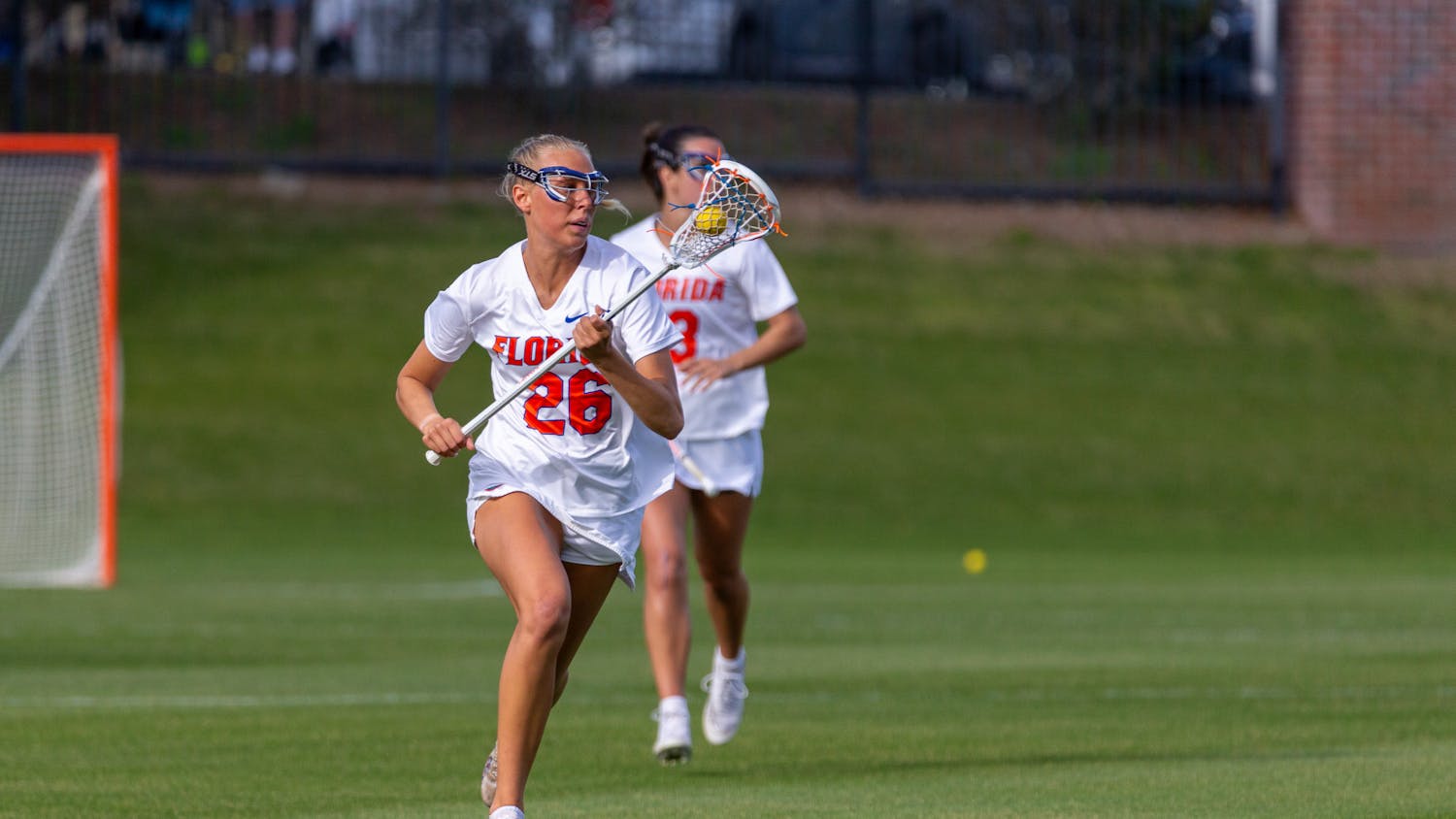Students in need of a financial wake-up call will be encouraged to start saving their money tonight.
The university will introduce UF Saves, a program designed to educate students on managing money in and out of college. The program works in conjunction with the national America Saves campaign and the statewide Florida Saves campaign.
Partnering with University Financial Services, speakers will address issues such as budgeting, savings, credit and debt at 6 p.m. in the gymnasium of the Florida Gym. Radio station Rock 104 will do a live feed, and food and door prizes will be provided.
"People come out of college without the knowledge of how to manage their money," said Selena Hohenstein, UF senior and UF Saves student coordinator. "We want to get to students early, before they get out into their careers, so that they can be successful and financially stable."
As one of four universities in the country to introduce a "Saves" event, UF hopes to generate greater financial awareness among students.
Hohenstein said the program can provide information on financial management students often can't get anywhere else.
"I had an economics class in high school, but it really didn't teach me how to manage my money," she said. "I think it's something that's lacking."
Michael Gutter, faculty adviser for the program, said college students are one of the most important pieces of the future economy, but their current financial state is grim.
Gutter, an assistant professor in family, youth and community services, said students are graduating with several thousands of dollars of credit card debt and tens of thousands of dollars in student loans. To make matters worse, one of the fastest growing groups filing for bankruptcy are people under 25.
"College students are getting used to habits when it comes to financial behaviors that aren't necessarily going to magically go away because they make more money," Gutter said. "The nation just isn't saving."
But students have the opportunity to change that by learning how to better manage their finances.
One of Gutter's concerns is that students believe what they do in college doesn't matter.
The program will address "dissaving," in which students use money from their savings or borrow money to pay for current expenses. It's a major problem among college students who borrow to finance a particular lifestyle, he said.
Hohenstein said students don't realize how much it costs to maintain that lifestyle in the future.
"They get out into the world and try to keep it up and get in bad situations, when mom and dad aren't really helping out so much anymore," Hohenstein said.





